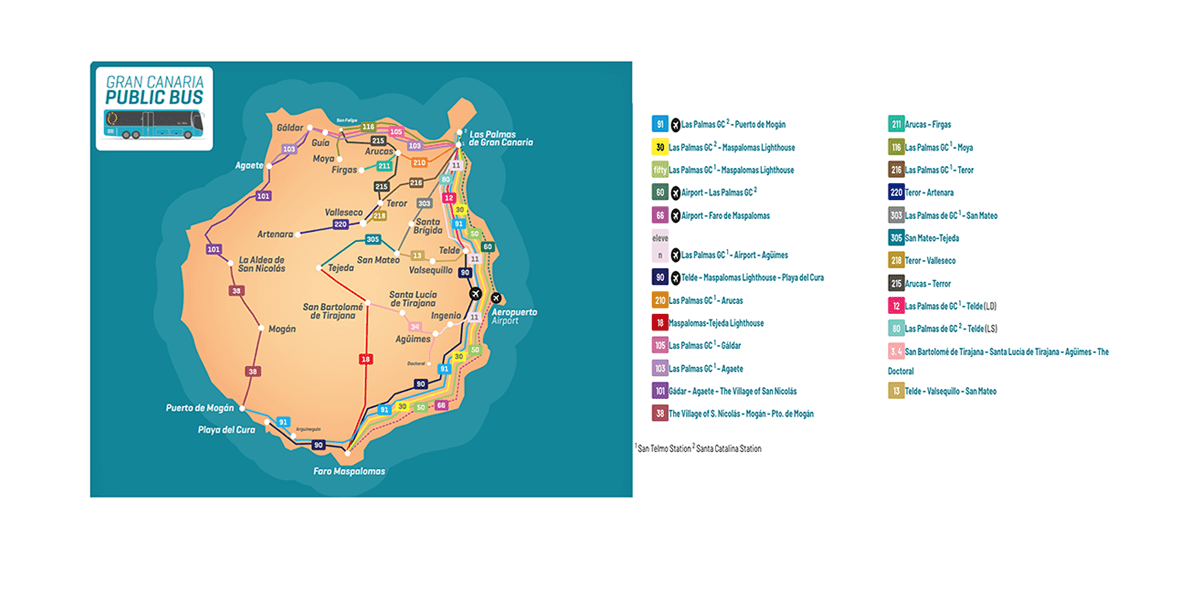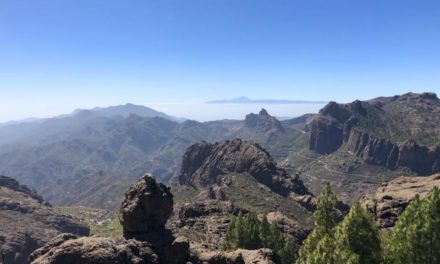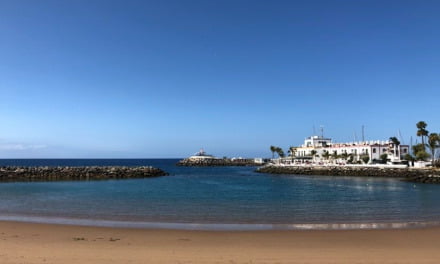By February, the process will have to be repeated to continue enjoying the free services. The system will check to see if it has been used at least fifteen times over the course of the month. If you have not reached that threshold, you will have to pay half the usual cost, as has been the case for the last few months.
Government and Cabildos will sign the action protocol before the end of this year 2022
Lanzarote have already implemented free-of-charge travel on their own as of last September, with a minimum limit of 20 journeys. The experience serves as a test in order to determine the increase in the number of bus users that we might expect in the new year.
During the first month, the volume of travellers increased on Lanzarote by 5%; in October, it was almost 10% more. The Regional Government estimate between 5% and 7% as of January across the Islands as a whole.
Those who do not reach the journey limit will pay 50% of the bonus the following month, the same as now
The Minister of Transport on Gran Canaria, Miguel Ángel Pérez, accepts this calculation, based on the 25% increase that has already been registered over the last five years. “We would be within what is usual growth,” Pérez explained. The Island has €3.9 million more this year for the acquisition of 56 new vehicles through leasing.
These vehicles will be added to those that are still to come from the purchase of another 58, closed in December 2020, and that have been delayed due to the shortage of components suffered by the automotive sector. Meanwhile, a so-called “heat map” will be used to redeploy buses from the less demanded routes.
Some Readers’ Questions: What do I need to travel for free by bus? Only two things: have a monthly residents’ bus pass (Bono) in any of its modalities (youth, normal or senior) and use it at least fifteen times each month.
Is it also free if I use the bonoguagua? No. The subsidy is not applied for the “bonoguaguas” pass. Those who use it, will pay half price for each trip, as has been the case since September.
How does the operator know what number of trips I have made each month? The card itself contains that information. When you go to the bus stations enabled for renewal, at the beginning of each month, workers will only have to scan the card to find out. The same info will be displayed if you opt for online recharge.
If I forget the card, can I not get on the bus? Direct payment options are maintained as before. Therefore, if a resident voucher is lost or forgotten, the passenger will have to pay on the bus, either to the driver, or by bank card, in the case of the bus operators that have it enabled this option. The price will be the current one, that is, half of what was usual before the subsidy measures were implemented, in September, to mitigate the impact on society caused by the general price rises in the current economic downturn.
When does the free bus come into force? As of January 1, regular users –those who have the resident bono– can benefit from the measure. In this first month, the fifteen trips limit will not operate, since all those who request the resident voucher for the first time will not have an accumulated history.
What will happen when I renew in February? There are only two options: the user has reached at least fifteen trips, which entitles them to another month of free travel, or they have travelled on fewer journeys, in which case to continue traveling, they must pay the usual monthly cost, discounted by 50%, as has been the case since September.
What if I travel less than fifteen times in January and decide not to renew the voucher? It can happen. That bus user will have benefited from a number of free trips and will not have any penalty for it. Both the Government of the Canary Islands and the Cabildos have said they are aware this may havppen, but they estimate that the number of citizens who opt for this will be low in number.
Is a sudden avalanche of travellers expected from January? Policy makers forecast increases of between 5% and 7%. Lanzarote has been fully free of charge since September and, according to what the Minister for Transport, Marcos Bergaz, explained yesterday, the first month increased their volumes of users by 5%: the second, 9.9%.










